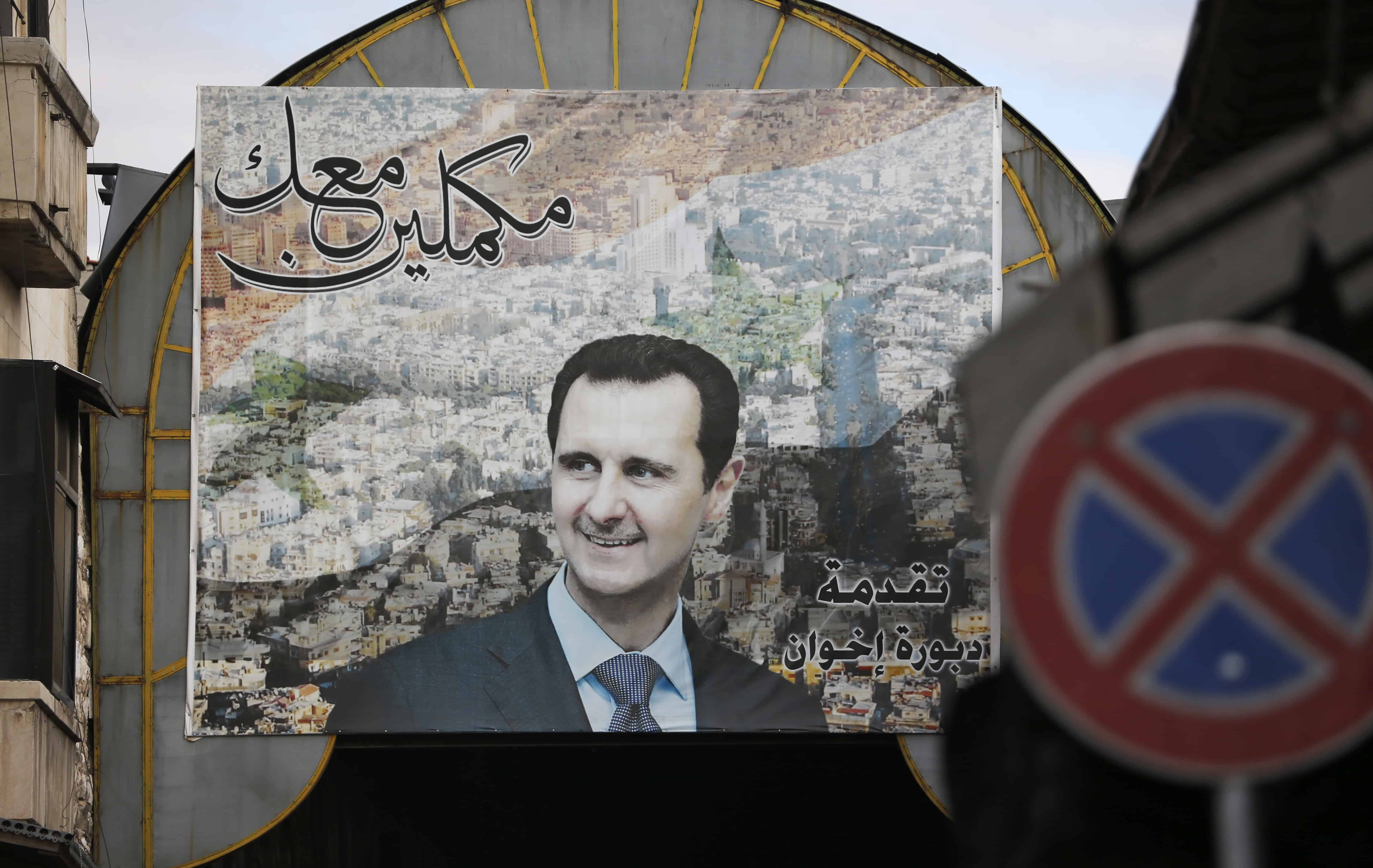Damascus, Syria–Syria on Saturday announced it was cancelling the BBC’s accreditation over what it called “misleading reports”, a rare move against an international media outlet in the war-torn country.
“Due to the broadcaster’s failure to adhere to professional standards and its insistence on providing biased and misleading reports”, the information ministry has decided to “cancel the accreditation” of the BBC’s “correspondent and cameraman”, it said in a statement.
Accreditation of the BBC Radio correspondent in Syria was also revoked, the ministry added.
A spokesperson for the British broadcaster, without directly commenting on the Syrian move, said that “BBC News Arabic provides impartial independent journalism” and speaks “to people across the political spectrum to establish the facts”.
“We will continue to provide impartial news and information to our audiences across the Arabic-speaking world,” the spokesperson added in a statement.
The information ministry said that since Syria’s war broke out in 2011, the BBC has “from time to time provided subjective and fake information and reports about the reality” in the country.
The conflict has killed more than 500,000 people, displaced millions and devastated much of the country’s infrastructure and industry.
The BBC was warned “more than once” but “continued to broadcast its misleading reports based on statements… from terrorist entities and those hostile to Syria”, the ministry added.
Revoking the accreditation of international media representatives is rare for Damascus, where the few remaining foreign media outlets have locally based correspondents.
Many foreign journalists quit the country as the war spiraled, pulling in foreign powers and global jihadists.








